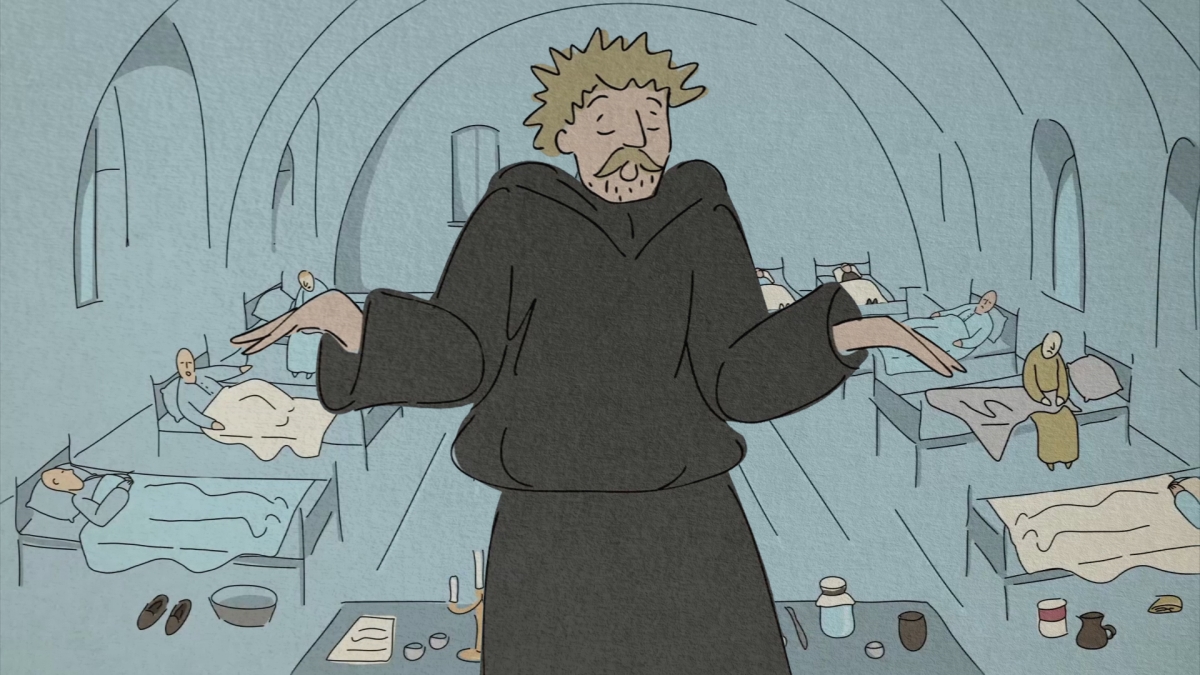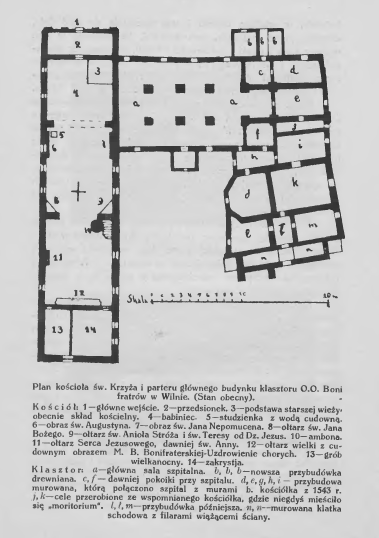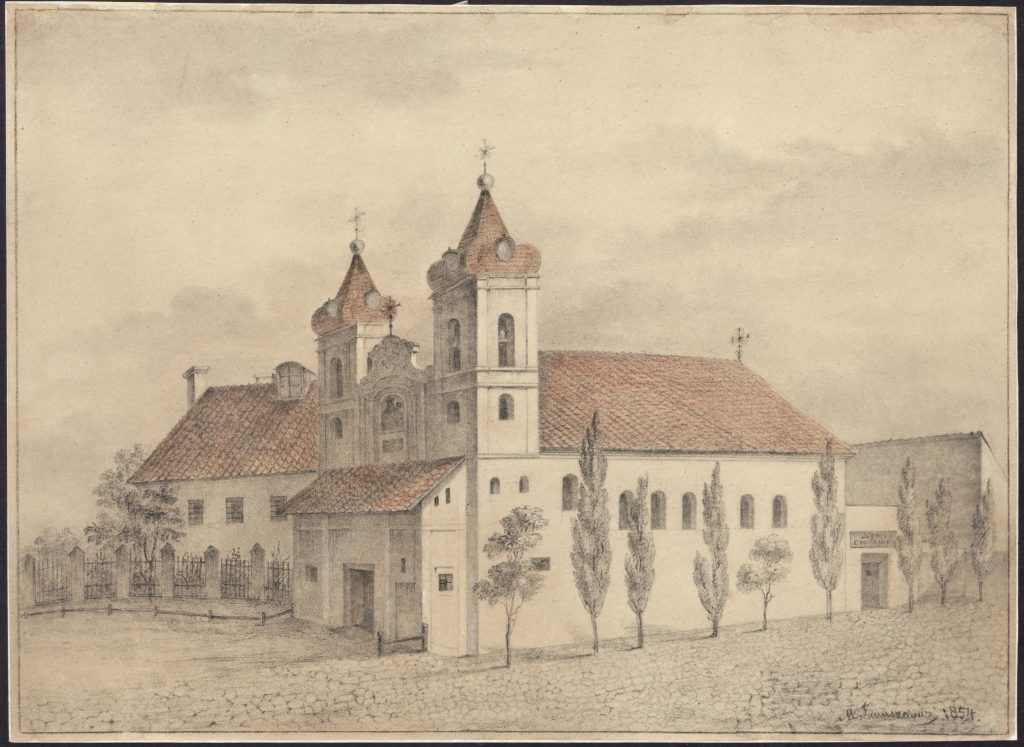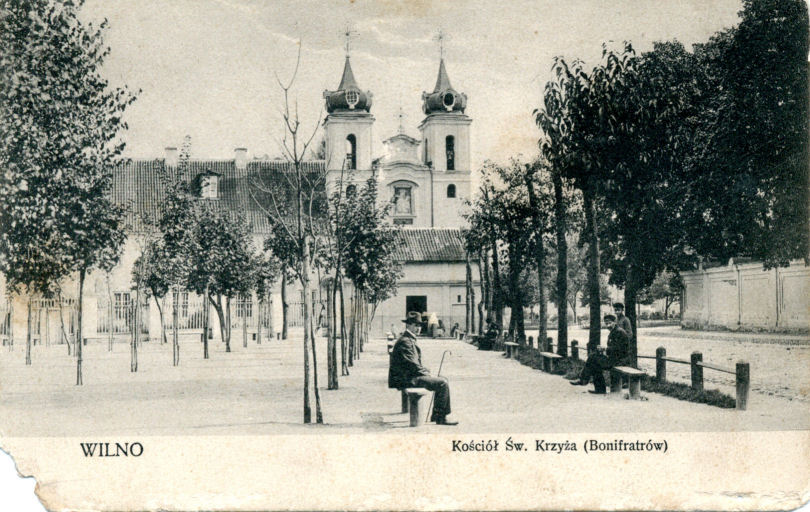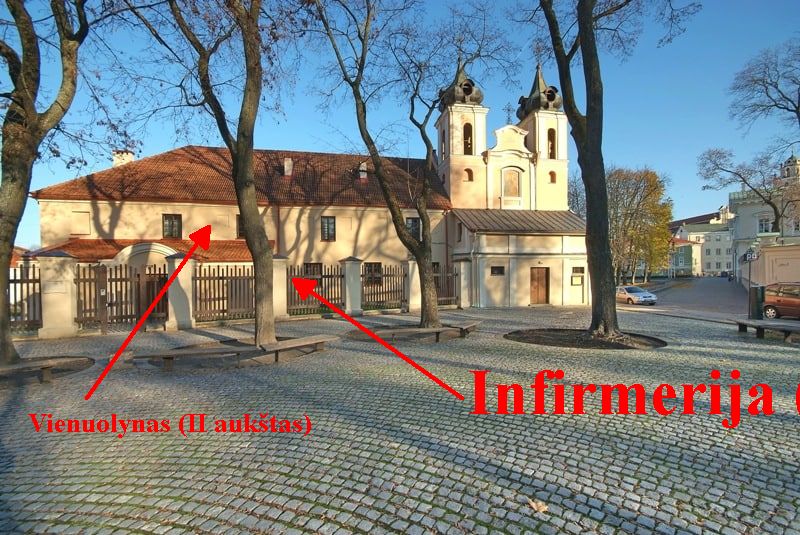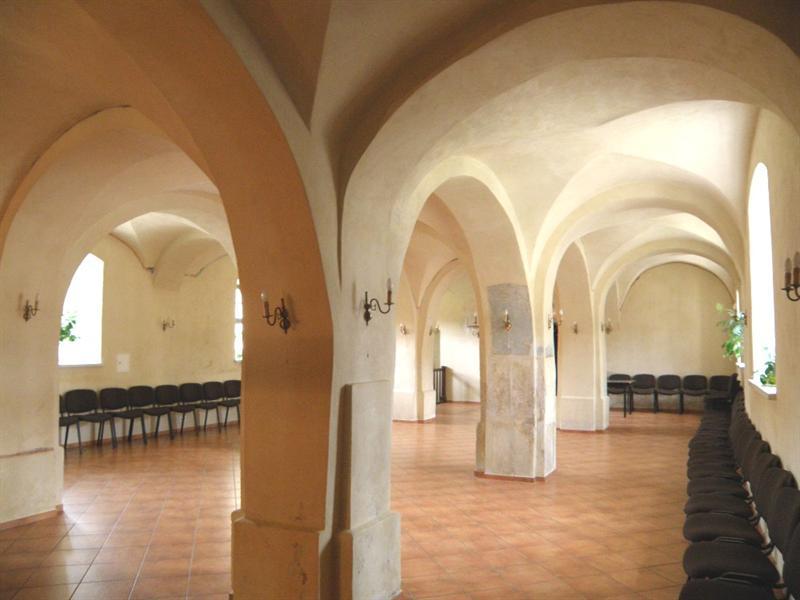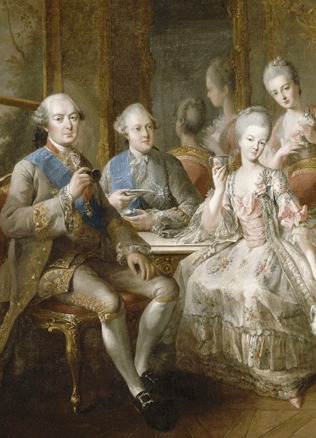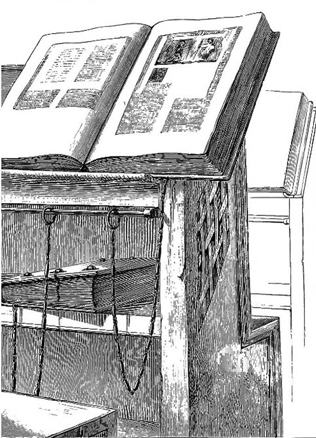Brother Apolinary’s Curved Road of Life
Casimir, the son of Vilnans Józef and Regina Żołnierowicz, did not follow his father into becoming a shoemaker and being 23 years of age he chose the life of a religious brother. On 25 July 1704 he knocked on the door of the Order of the Hospitallers of Saint John of God (Fatebenefratelli) right beside the city wall and, given a new name of Apolinary, found himself in the novitiate.
It is unclear why he chose this particular Order, where service to God went hand in hand with the care of the sick. It could be either his fervent piety, compassion to those in pain and need, or simply the lack of a clear goal in life. Notwithstanding, Apolinary took vows and became the full member of the Order after spending one year and one day in the novitiate.
Diligent novice turned rebel
Do You Know?
This made Apolinary one of few successful candidates as nearly half of them eventually escaped or recanted monasticism, mostly due to the unbearably hard work in the infirmary. Located on the ground floor, it always offered a wide spectrum of unusual images and unsavoury smells. Sometimes the novices were advised to leave by their supervisors who did not see the signs speaking of their vocation.
Brother Apolinary’s life and behavior showed, at least initially, his determination to follow the chosen path. One of just five brothers to take vows in 1705, he seemed to become another zealous brother who dedicated his life to God and the care of the sick.
Soon afterwards and in line with the tradition, Brother Apolinary was sent to other Fatebenefratelli Orders in Poland and Lithuania. Nothing is known about his life there, but a few years later he returned to Vilnius and involved himself into several outrageous incidents that angered the elder and the whole community of the Order.
Smearing the name of a religious brother
It was on the last day of May 1709 that Kazimierz Kudzinski, the elder of the Fatebenefratelli, revealed the details of the recent outrage. He told the convent about Brother Apolinary’s transgressions, in which he “defiled the honor of the holy Order”, of his “most terrible fornications and self-will”, of appropriating the money collected in the streets as offerings, that he and lied about losing.
The elder said angrily that Brother Apolinary “had forgotten God and his own vocation, after being sent to collect alms he drank away the money as well as a new robe and a book, and after three days spent in the city, not even returning to the Order at night, he was on his way to Kaunas. However, priest Jakub Zwolinski was spotted and stopped him in Paneriai.”
“
Brother Apolinary’s transgressions were so grave that the Fatebenefratelli elder talked of them for the next three weeks. He wanted to show other brothers what kind of punishment awaits the disobedient, so he described it in detail.
Anticipating the severity of the punishment that awaits him, Apolinary “Begged calling upon God the priest to take his habit off and let him walk free in nightgown. And this was an indication most clear that he is beyond redemption and his such heavy crimes should be met with extraordinary punishments, as flogging and solitary confinement, until the most honorable father provincial superior will take his decision.”
Brother Apolinary’s transgressions were so grave that the Fatebenefratelli elder talked of them for the next three weeks. He wanted to show other brothers what kind of punishment awaits the disobedient, so he described it in detail.
“He punished his brother Apolinary with both imprisonment and flogging, and also indicated that he should not wear a scapular and should perform all the tasks assigned to him so as he understood in his prime youth that he ought not to talk to laymen. He should also have to sit alone at a separate table, serve others, take care of the sick, and confess daily.”
A month later, Brother Apolinary was sent to an Order in Warsaw and returned to Vilnius only after nearly eight years had passed.
Down the sinful path, again
“
The punishments did not help Brother Apolinary to get back on the path of righteousness. In Vilnius, he got into a scandal again. On 2 April 1717 the elder of the Order, Simon Mickiewicz, told the brothers about Apolinary’s new transgression. He had escaped from the Order and asked the Jesuits to take care of him.
As it soon became evident, the punishments did not help Brother Apolinary to get back on the path of righteousness. In Vilnius, he got into a scandal again. On 2 April 1717 the elder of the Order, Simon Mickiewicz, told the brothers about Apolinary’s new transgression. He had escaped from the Order and asked the Jesuits to take care of him (and it was the Jesuits who told Simon about it).
The “rebel”, as the elder called him, was again imprisoned in the Order’s penitentiary until the provincial superior pronounced his final decision.
Before long, Brother Apolinary was sent off to the other Fatebenefratelli branch again, where he spent another eight years. He returned to Vilnius a fully mature man and spent the last seven years of his life in relative calm, at least not committing an offense to be punished by solitary confinement, flogging, or monastic penance. His desires were apparently limited by his failing health. On 1 September 1732 he was admitted for treatment and died less than two weeks later, having lived just over 50 years.
The rebellious Apolinary was no exception
“
Brother Apolinary has repeatedly been punished, but his story is not exceptional. He was not the only one to be imprisoned inside the Order and punished with scourges, monastic penance, and strict fasting, when the Brother deprived of his scapular – and therefore his rights – had to survive on bread and water for several weeks.
Brother Apolinary has repeatedly been punished, but his story is not exceptional. He was not the only one to be imprisoned inside the Order and punished with scourges, monastic penance, and strict fasting, when the Brother deprived of his scapular – and therefore his rights – had to survive on bread and water for several weeks.
Moreover, Brother Apolinary was just one of many who ran away from the order to spend time in taverns alongside laypeople. His life, though known from just a few hints in the Fatebenefratelli of Vilnius documents, testifies to the difficulties experienced by following religious life. These young people were full of vitality and were not necessarily conscious of what they really wanted out of life.
At the same time, this story shows that the life in the Fatebenefratelli Order in Vilnius was not always calm and its strictly arranged agenda, consisting of prayers, collection of offerings and service to the sick, was disrupted by the disobedience and scandals of the brothers.
Martynas Jakulis
